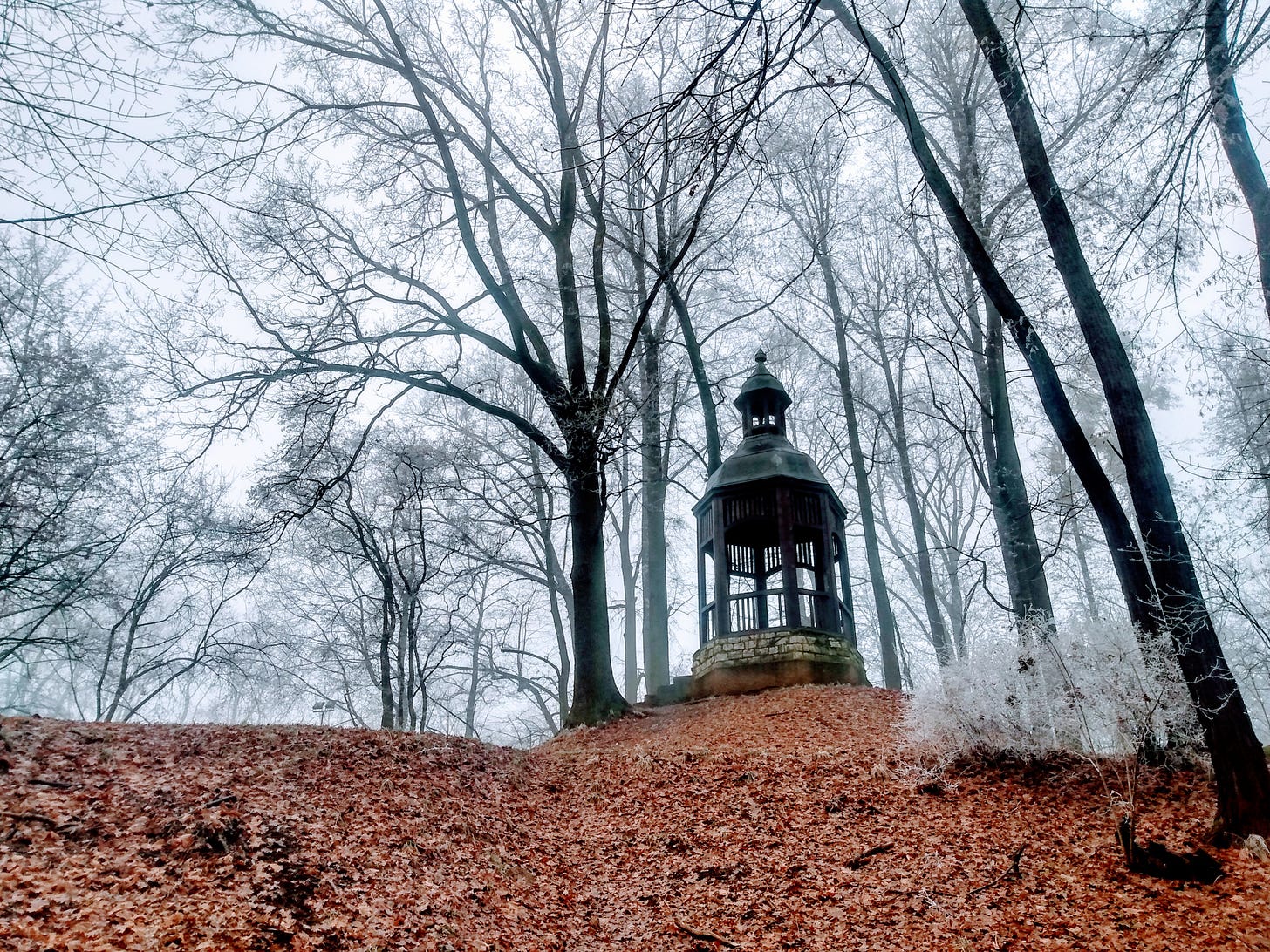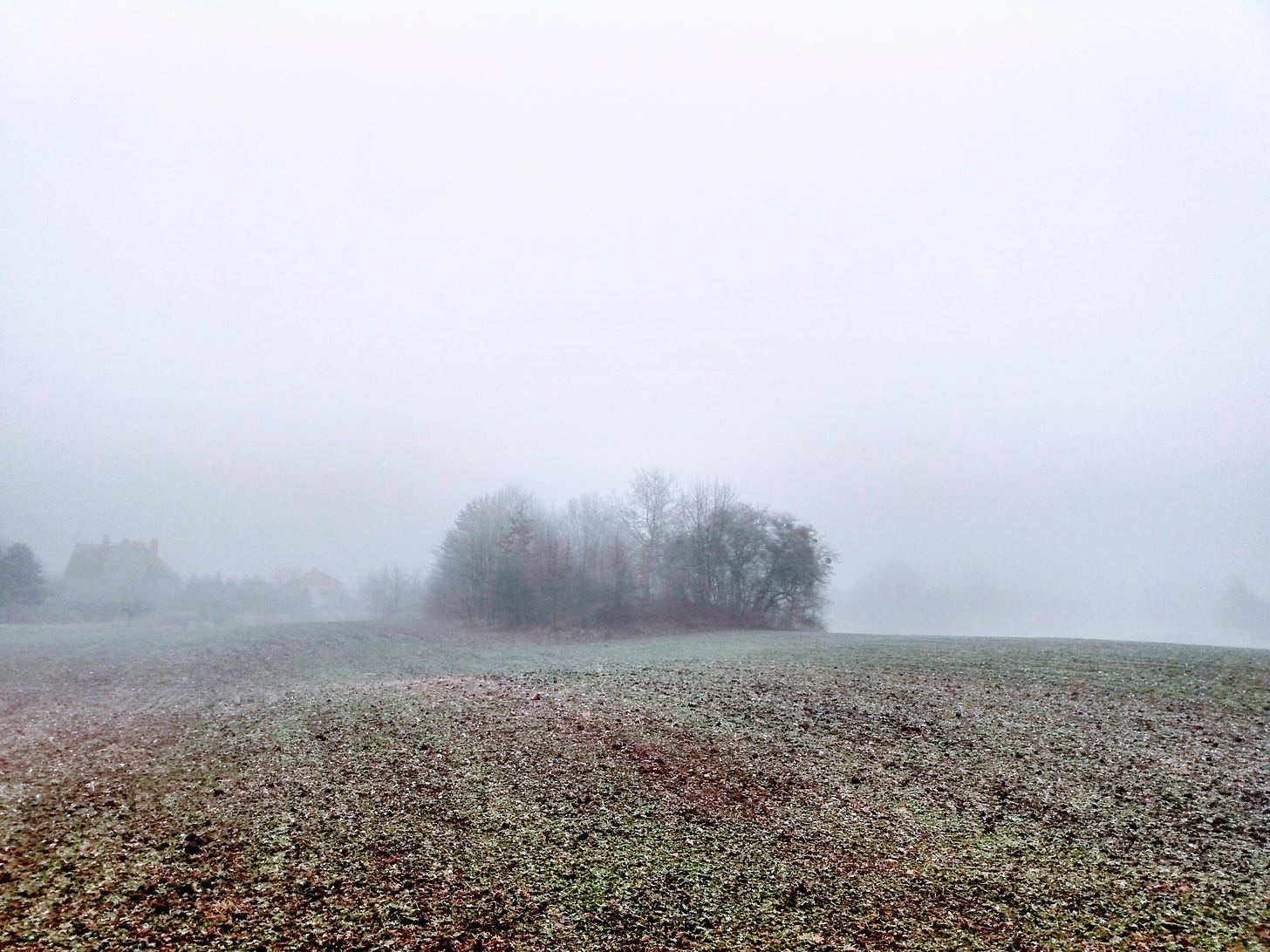"This Town Was Built On Miles Of Hope" Edition
Hello, and Happy New Year!
I hope everyone has a better 2021 than 2020. If you hear anyone say “it can't be any worse”, on the other hand, I want you to beat them over the head with a history book. One thing I am sure of is that things can always get worse.
Still, equally, there is always hope.
Obligatory shilling. Over my Christmas break I reviewed Pankaj Mishra's formulaic West-bashing book Bland Fanatics for Arc Digital.
For my paying Substack subscribers, I wrote about Polish rap, offered a little Christmas story and reviewed a book about the murderer Roy DeMeo and the New York mafia.
What can you expect from me in 2021? I hope to write more about books I like rather than hate, and more about culture than just the culture wars, and more fiction. If you are interested in my long-form commentary then do consider subscribing. Either way, this weekly newsletter will barrel on freely.
Glum prophecies of the Lasch. It was a treat to read one of my favourite living commentators, Geoff Shullenberger, on one of my favourite dead commentators, Christopher Lasch. Schullenberger explores how out of step Lasch was with conservatives of his time, and how he was vindicated.
Human kinds. A second of my favourite writers, the anthropology researcher William Buckner, has fun with Rutger Bregman's terminally naïve book Humankind (I reviewed it here):
All the struggle, all the inventiveness and vitality, all the deeply human conflict and self-interest and challenges of defending oneself, one’s family, one’s possessions, and one’s community have been handwaved away to suit Bregman’s own preferred values.
While Buckner is realistic about our innate qualities, he is also fascinating on the different means by which people have been socialized throughout history. Here is an interesting recent piece about puberty rituals in hunter-gatherer tribes.
Signature afflictions. A third of my favourite writers - okay, I'll stop adding this now - Scott Beauchamp, reflects on the decline of ritual and the sacred in the modern world:
Even time away from work is itself an extension of work. Vacation is a momentary escape from the terror of routine, but only so much so that we are recharged once again for work.
I agree with Scott’s arguments, though I will qualify that by saying that the misery of our communal confinement in 2020 has shown how valuable even less than entirely satisfying social rituals can be. I'm not saying that going to the pub is the grandest, richest life-affirming ritual - but I still miss it!
Taking liberties. I am being too positive. It doesn't suit me. The concept of an open-minded journal for long-form essays is a good one, but the problem with Liberties, a new journal, is that the introductory essay from its editor, Leon Wieseltier - not one of my favourite writers - is so dry, laborious and prolix that it gives the idea a bad name. I wrote a mean piece about Wieseltier's career for my paying subscribers last year - because I was feeling mean but also because I think it is a mistake to idealise a lost pre-social media literary past.
Books do furnish a room. Speaking of literature, the great Oliver Traldi entertainingly explores the perils and pretensions of reading books and pretending to have read books:
Lots of public debates are just battles between one group of people who have only read one book, or one small set of books, and another group of people who have read a different book or set of books.
I am reminded of Mikita Brottman's book The Solitary Vice: Against Reading, which, of course, I have not read.
Chi-nay. Richard Hanania argues that the threat from China is ill-defined and overblown. I'm not sure I agree with all his arguments - for example, though this is more of a qualification than a contradiction, I think this year alone has proved how dangerous the CCP's combination of low standards and self-interest can be - but it is a strong case and a useful reminder not to succumb to reckless sabre-rattling.
The tribe. Over at UnHerd, Louise Perry interrogates the absurdities of “package-deal politics”:
In the UK, if you know a person’s attitude towards Brexit, you can be fairly confident in predicting their attitude towards lockdown, despite the fact that the relationship between the two issues is not at all obvious.
Of course, the opposite vice would be snowflake politics, in which everyone overstates their analytical abilities and cultivates self-consciously eccentric wardrobes of opinion, but every vice has its opposite.
Talking Sopranos. If, like me, you're a big fan of The Sopranos - and, like me, a late arrival to podcasts and serials - you'll enjoy catching up on this great podcast with Steve “Bobby Bacala” Schirripa and Michael “Christopher Moltisanti” Imperioli. Schirripa's no-nonsense Italian-Americanness and Imperioli's earnest insight come together well.
Have a lovely week,
Ben








